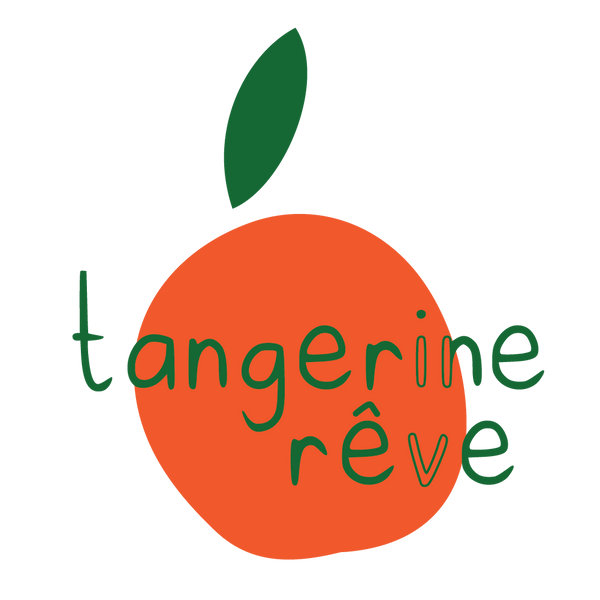Bamboo viscose kids pajamas have gained popularity in recent years due to their softness, breathability, and hypoallergenic properties. However, the production of bamboo viscose has raised concerns about the environmental impact, leading to the development of TENCEL Lyocell as a more sustainable alternative.
The history of bamboo children pajamas dates back to the early 2000s when bamboo was first introduced as a textile material. The bamboo plant is fast-growing, making it a sustainable and renewable resource. Bamboo viscose fibers are made by breaking down the bamboo plant's fibers using chemicals and then spinning the resulting material into yarn. The resulting fabric is soft, breathable, and hypoallergenic, making it an ideal choice for children's pajamas.
As the demand for sustainable and eco-friendly products increased, bamboo viscose children pajamas became popular among parents who were looking for a more natural and safer option for their children's clothing. The softness and breathability of the fabric also made it a popular choice for children who struggle with overheating or skin sensitivities, such as eczema.
However, concerns about the environmental impact of bamboo viscose production emerged. The chemicals used in the production process, such as sodium hydroxide and carbon disulfide, are harmful to the environment and the workers who handle them. The bamboo plantations themselves can also have negative impacts on local ecosystems, particularly if they are not sustainably managed.
To address these concerns, TENCEL Lyocell was developed as a more sustainable alternative to bamboo viscose. TENCEL Lyocell is made from wood pulp, which is a renewable resource, and is produced using a closed-loop system that recycles nearly all of the chemicals used in the production process. This process significantly reduces the environmental impact of production and makes TENCEL Lyocell a more eco-friendly option.
Additionally, TENCEL Lyocell offers similar benefits to bamboo viscose, such as softness, breathability, and hypoallergenic properties. It is also naturally moisture-wicking, making it an ideal choice for children's pajamas.
It is difficult to predict with certainty whether TENCEL Lyocell children pajamas will completely replace bamboo viscose children pajamas in the near future. Both materials offer unique benefits and have their own fan base.
However, as consumers become more environmentally conscious, the demand for sustainable and eco-friendly products is likely to increase. Given that TENCEL Lyocell is a more sustainable alternative to bamboo viscose, it is possible that TENCEL Lyocell kid pajamas will gain in popularity over time, and gradually replace bamboo pajamas in the market.

